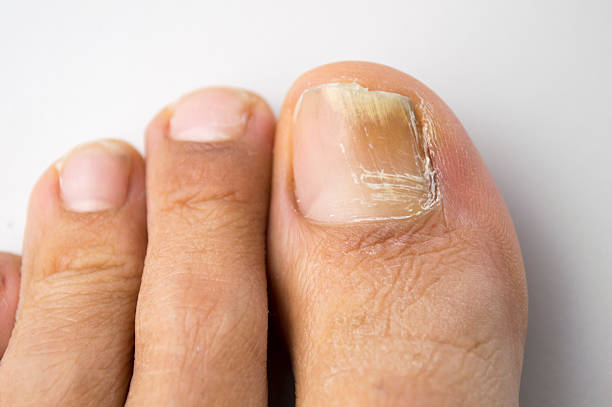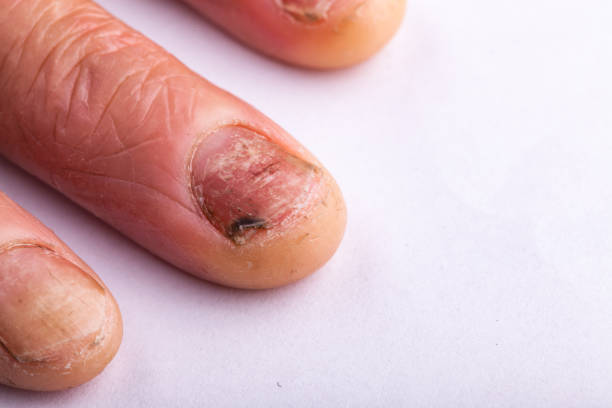Fungal infections are caused by fungi that invade and grow on or in the body. They can affect different parts of the body, including the skin, nails, hair, and internal organs. The symptoms and severity of fungal infections vary depending on the type of fungus and the area of the body it affects. In this article, we will discuss the symptoms of fungal infections and the treatment options available.
Symptoms of Fungal Infections
Skin and Nail Fungal Infections: These infections are the most common type of fungal infections and can cause symptoms such as red, scaly, and itchy skin, as well as thick, discolored nails.
Scalp Fungal Infections: Scalp fungal infections can cause symptoms such as red, scaly, itchy patches of skin on the scalp, along with hair loss and scaling.
Jock Itch: Jock itch is a fungal infection that affects the skin in the groin area, causing red, itchy, and scaly patches of skin.
Athlete’s Foot: Athlete’s foot is a fungal infection that affects the skin on the feet, causing red, itchy, and scaly patches of skin, along with blistering and cracking.
Vaginal Yeast Infections: Vaginal yeast infections are caused by an overgrowth of Candida yeast in the vagina, causing symptoms such as itching, burning, and discharge.
Thrush: Thrush is a fungal infection that affects the mouth, causing white, sore patches on the tongue and inside of the cheeks.
Treatment for Fungal Infections
Topical Antifungal Medications: Topical antifungal medications, such as creams and ointments, are often used to treat skin and nail fungal infections. These medications work by killing the fungus on the skin’s surface.
Oral Antifungal Medications: Oral antifungal medications, such as tablets and capsules, are often used to treat more severe or widespread fungal infections. These medications work by killing the fungus from the inside out.
Antifungal Shampoos: Antifungal shampoos are often used to treat scalp fungal infections, and they work by killing the fungus on the scalp.
Home Remedies: Some home remedies, such as tea tree oil, vinegar, and baking soda, have antifungal properties and may help to treat mild fungal infections. However, it is important to speak with a healthcare provider before using any home remedies, as they may not be effective for all types of fungal infections.
Preventative Measures: Preventative measures, such as keeping the affected area clean and dry, wearing breathable clothing, and avoiding close contact with others who have a fungal infection, can help to prevent the spread of fungal infections.
In conclusion, fungal infections can cause a range of symptoms, from red, itchy skin to white patches in the mouth. The treatment for fungal infections varies depending on the type of fungus and the area of the body it affects, but may include topical antifungal medications, oral antifungal medications, antifungal shampoos, home remedies, and preventative measures. If you suspect you have a fungal infection, it is important to speak with a healthcare provider for an accurate diagnosis and treatment plan.

 Home
Home Health
Health Diet & Nutrition
Diet & Nutrition Living Well
Living Well More
More












